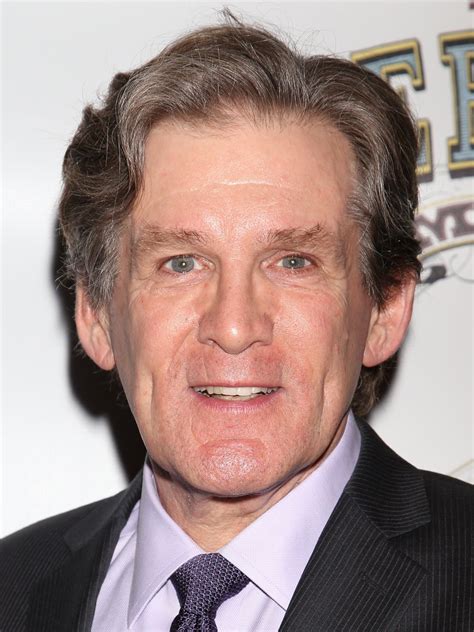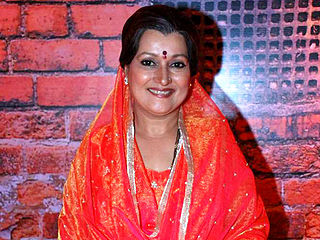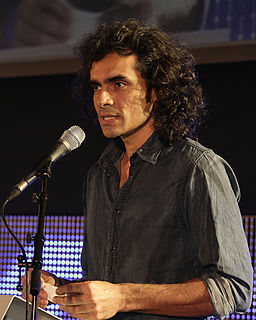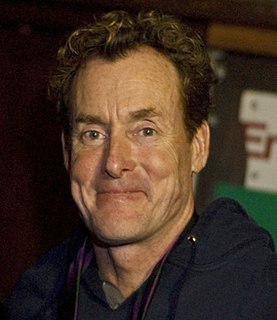A Quote by Anthony Heald
My attitude as an actor, because I'm a stage actor, is whatever the director tells you to do, you try it. You don't resist what a director is giving you.
Related Quotes
The director is the most important because, ultimately, as an actor, when you watch a movie, it looks like an actor is giving a performance, and they kind of are. But, what's actually happening is that an actor has given a bunch of ingredients over to a director, who then constructs a performance. That's movie-making.
I love the variety of films. In theater, you go into a room and the director runs the room, so you all work to his or her method. On film, if an actor or an actress is in for a day or two, the director has to get out of that actor what they need, so they have to change and adapt to that actor's technique.
With a director it's all about the work; I'd work with a great director over - you know, I'm not the kind of actor who that doesn't go, 'I want to play this role.' It's more like, 'I want to work with this director,' regardless of what the role is because if it's a good director, you'll probably find a good role because it's a decent film. But a mediocre director will always make a mediocre movie.
Stepping out of the director's chair completely and into a scene as an actor was weird. It was more excitement about directing than anything, but I was on a high from being a director and enjoying that process so much that going back to being an actor was almost secondary because I really was loving directing.
I'm the type of actor that believes the director has to be in charge. I've been on sets where the actor's ego was the most important thing, and with a director that messes it up. But I don't like a dictator, I want it to be collaborative - the best idea wins. If I feel respected, and I'm going to give that back. If a director wants to try something, cool, I'll give it back. I also feel like they cast me for a reason, so I'm going to make my mark on it... let me do my thing.



































